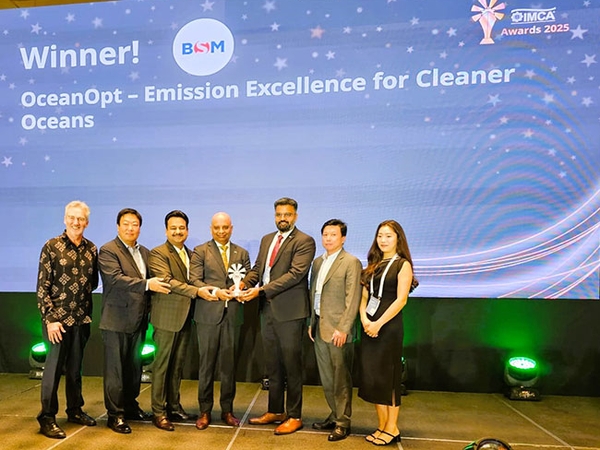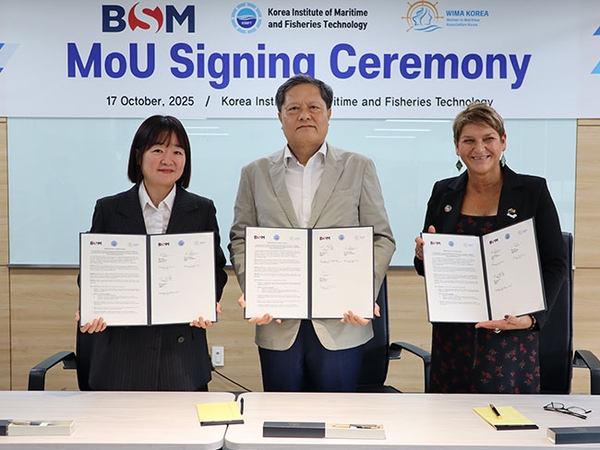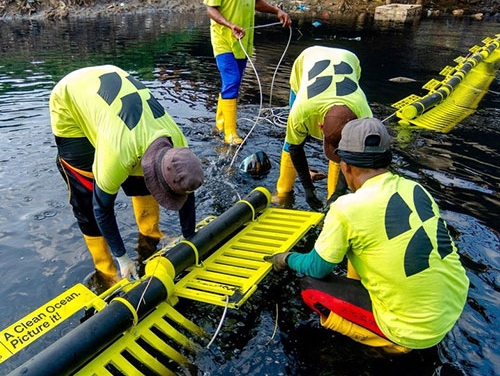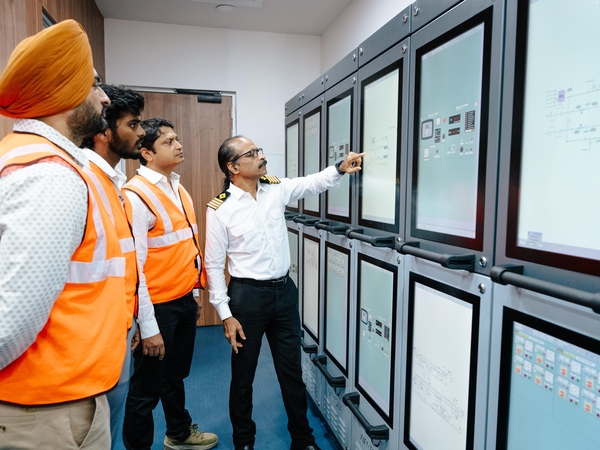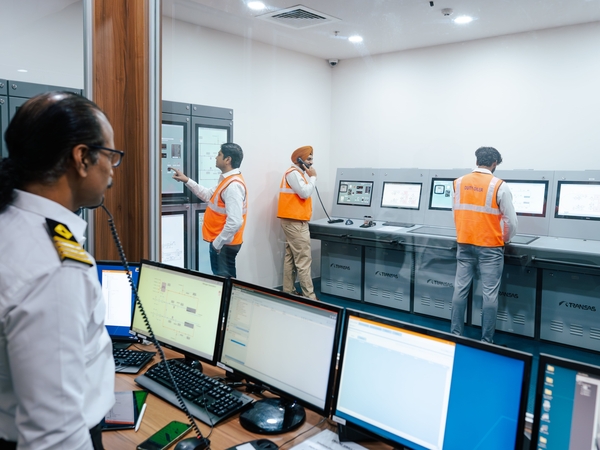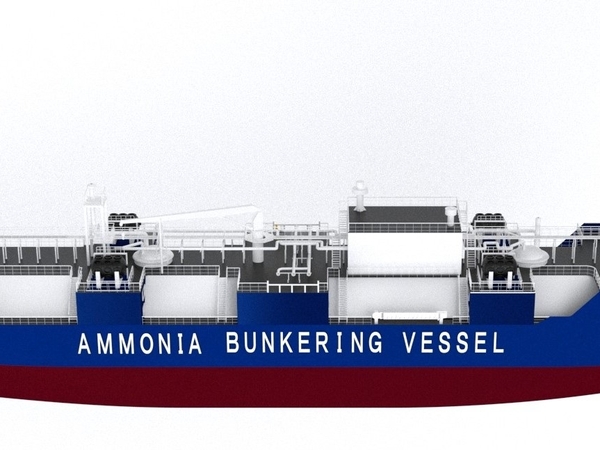What happened
The inert gas generator (IGG) system on a ship was running without any alarms during cargo operations. The ship was a new take-over and the IGG plant was used on four occasions before the incident without any problems.
The second engineer (2E) saw smoke coming from the IGG scrubber SW pump starter panel in the ECR and switched off the breaker. The chief engineer (CE) and electro technical assistant (ETA) started working on the IGG starter panel, which is directly connected to the 440 volts busbar.
The 2E and 4E managed to restore water supply to the IG scrubber using the fire and GS pump. However, they could not start the IGG either in manual or emergency mode. After several trials, the 2E came back to the ECR to report the situation to the CE.
The CE and ETA were attempting to replace the burnt breaker on the IGG scrubber pump starter with one removed from the main seawater pump. Suddenly there was an electric flash / short circuit resulting in burn injuries to the CE, 2E and ETA.


